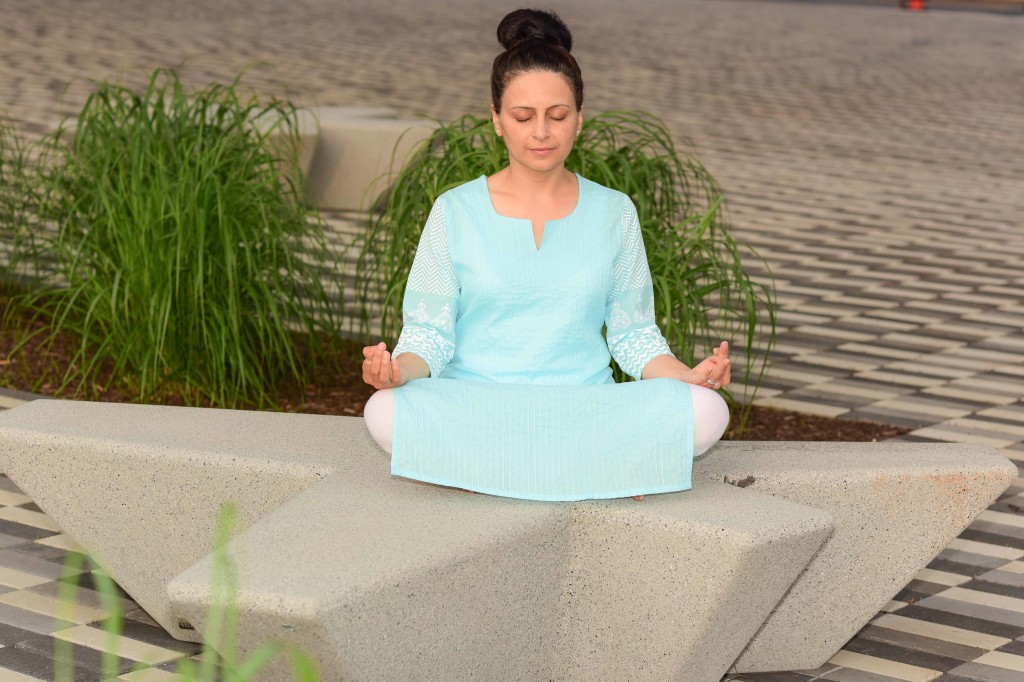 The holiday season is fast approaching, and with it comes the chance to break bread with family and friends, express gratitude for all that you have, adorn your home with lights and decorations, and witness the excitement of the festivities through the eyes of your children.
The holiday season is fast approaching, and with it comes the chance to break bread with family and friends, express gratitude for all that you have, adorn your home with lights and decorations, and witness the excitement of the festivities through the eyes of your children.
Unwelcome guests, however, can also show up in the midst of what should otherwise be a time of merriment. With parties to attend, feasts to prepare, gifts to buy, travel arrangements to make and more, depression and stress can easily pop up unannounced.
Rather than letting stress and depression ruin the holidays for yourself and for your loved ones, heeding some practical tips can help you enjoy the season for all of the wonderful things it has to offer.
To help you minimize the chances of stress cropping up in the first place, or to minimize the effects of stress that’s unavoidable, it’s best to know ahead of time what specific events cause you anxiety during the holidays.
Are you concerned you won’t have enough time to get the house spotless before guests arrive? Does spending time with certain family members make you tense? Do you worry your gift budget isn’t adequate?
Plan Ahead
Great preparation is the key to overcoming these and other obstacles that often lead to holiday stress. If you spend time before the holidays creating a realistic plan, you’ll be able to relax more when the occasions are upon you.
If you’re hosting a dinner party, plan your menu well in advance. Make a comprehensive shopping list of what you need, and if possible, go to the store during nonpeak hours. Rushing around at the last minute to buy necessary ingredients will undoubtedly spike your anxiety. Also, be sure to enlist help from friends and family before and after the feast. People like to feel useful, and no one person should be responsible for cooking all of the fare, baking all of the deserts, and cleaning up the entire mess.
Don’t Shop ‘Til You Drop
Try to get your gift shopping done in one day. It helps to take a list of ideas so that you don’t waste time once you’re at the store. Also, take advantage of online shopping, especially during excellent sale days like Cyber Monday (the Monday after Thanksgiving).
Using a calendar is a great way to help you keep track of the numerous activities that can fill the holiday season, and the Calendar app gives you access to your schedule whether you’re standing in line at the post office waiting to send packages or you’re at the store buying decorations.
Get Assistance
You can kill two birds with one stone by asking friends and family to help you complete your tasks. You’ll be spending time with loved ones, and you’ll be getting things done. Decorating, baking, and wrapping presents are ideal activities to do with others.
Also, know that it’s okay to decline invites. Rather than exhausting yourself by going to every party and get-together, save up your energy for the few you truly want to attend.
Be Realistic
No holiday season is the same year to year, so don’t put pressure on yourself to repeat past occasions. Understand that as families grow and change, so do traditions. Incorporate your favorite rituals into this year’s festivities, and consider adopting new ones as well.
Finally, bumps and hiccups during the holidays are inevitable, so don’t burden yourself before they even get underway by expecting everything to be perfect. The main focus should be on celebrating your kinship with family and friends, and enjoying the holidays for the wonder that they are.

 The first installment in the three-part series on how social media affects our health covered the potential negative aspects to our mental health that excessive social media use can yield. This post will explore how the rise of social media has affected personal relationships and what we can do to ensure that we foster fulfilling and meaningful relationships in our hyper-connected world.
The first installment in the three-part series on how social media affects our health covered the potential negative aspects to our mental health that excessive social media use can yield. This post will explore how the rise of social media has affected personal relationships and what we can do to ensure that we foster fulfilling and meaningful relationships in our hyper-connected world.
 Perfectionism is a person’s desire to achieve flawlessness. It is often accompanied by setting impossibly high standards, and being overly self-critical if those standards are not met. There are both positive and negative aspects of perfectionism, as we saw in the first post of this two-post series, but when it becomes too controlling or too pervasive, it’s important to curb perfectionist tendencies.
Perfectionism is a person’s desire to achieve flawlessness. It is often accompanied by setting impossibly high standards, and being overly self-critical if those standards are not met. There are both positive and negative aspects of perfectionism, as we saw in the first post of this two-post series, but when it becomes too controlling or too pervasive, it’s important to curb perfectionist tendencies.